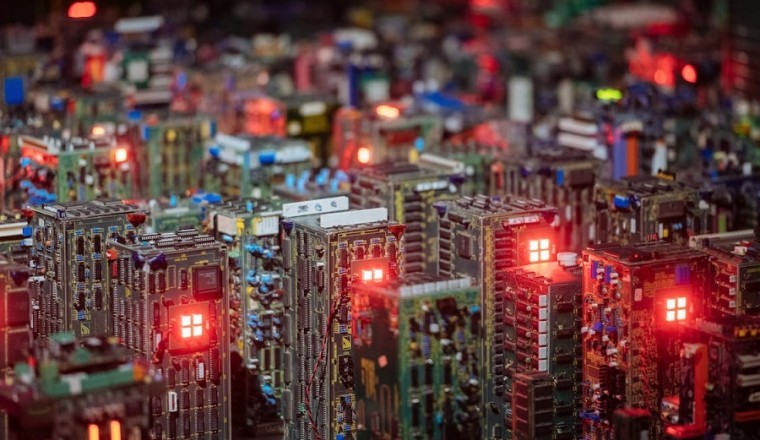The Unbelievable Product: A Time Machine
Have you ever found yourself daydreaming about what it would be like to travel through time? Imagine the possibility of witnessing historical events, meeting legendary figures, or simply revisiting cherished moments from the past. Surprisingly, in a world where technological advancements seem to know no bounds, the invention of a time machine continues to elude us. It's truly astounding that such a game-changing innovation has not yet been created.
Throughout history, countless literary works, movies, and TV shows have captivated our imagination with tales of time travel. From H.G. Wells' "The Time Machine" to the iconic "Back to the Future" trilogy, the concept of journeying through time has been a source of fascination for generations. But why has this remarkable invention not become a reality?
The potential benefits of a time machine are simply mind-boggling. Beyond the obvious appeal of exploring different eras and experiencing significant moments firsthand, a time machine could revolutionize science, economics, and even the way we approach our personal lives. Imagine the untapped knowledge that could be gleaned from observing historical events up close, solving unanswered mysteries, and gaining a deeper understanding of our own ancestry.
From a scientific standpoint, a time machine would hold the key to unlocking the secrets of the universe. It would offer unprecedented opportunities for researchers to study the progression of celestial bodies, the evolution of species, and the very fabric of space and time itself. Our understanding of the cosmos would expand exponentially, leading to groundbreaking discoveries that would shape the future of humanity.
Economically, a time machine would open up unlimited possibilities for investment and innovation. Anticipating market trends and adjusting business strategies based on future knowledge would become a reality. Imagine the advantage of being able to invest in companies before their explosive growth or to prevent catastrophic financial crises by learning from past mistakes. The financial world would be forever changed.
Moreover, on a personal level, a time machine could provide valuable insights into our own lives. We could revisit precious moments with loved ones, correct past regrets, and make informed decisions based on future outcomes. The ability to learn from our actions in a way that transcends current self-reflection would undoubtedly lead to personal growth and an improved quality of life.
So why hasn't this astounding invention become a reality yet? The reasons are manifold. Firstly, the concept of time travel is riddled with inherent paradoxes, such as the famous "grandfather paradox." These paradoxes, in which a person could potentially alter the past and create a contradictory future, present formidable challenges to the feasibility of time travel.
Furthermore, the intricacies of manipulating space-time, constructing a stable and controllable time portal, and ensuring the safety of travelers are significant technical hurdles. The amount of energy required, the potential for disastrous consequences, and the ethical dilemmas surrounding the use of such a device all add to the complexity of bringing a time machine to life.
While the lack of a time machine may disappoint those enamored with the idea of exploring different epochs, it also leaves us with a sense of wonder and anticipation. The absence of this invention underscores the vastness of unknown discoveries that lie ahead. Perhaps, in due time, human ingenuity will prevail, and we will bear witness to the advent of time travel.
So, as we marvel at the incredible technological advancements already achieved, let us embrace the unfathomable possibilities that the future holds. Who knows, the invention of a time machine may just be around the corner, waiting to surprise and captivate us in ways we can't even imagine. Only time will tell.













Comments
0 comment